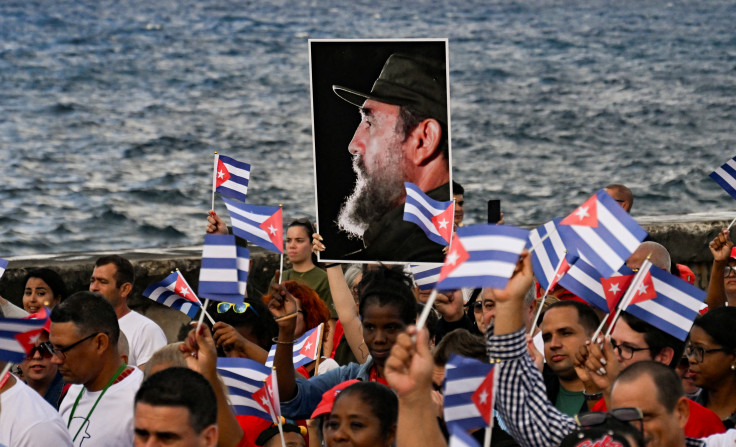
The U.S. government is taking a noticeably tougher stance on Cuban immigration, marking a major shift in how Cuban nationals are treated under U.S. immigration law. For decades, Cubans arriving on U.S. soil were granted special privileges—fast-tracked green cards, automatic refugee status, and a general sense of protection under Cold War-era policies.
But as The Associated Press reports, that era of near-automatic acceptance is starting to close.
In recent months, federal authorities have begun detaining and initiating deportation proceedings against former Cuban officials and intelligence officers—some accused of hiding their affiliations with the Communist Party when applying for legal residency in the U.S. The shift has rattled parts of the Cuban-American community, especially in South Florida, where politics and Cuban identity are deeply intertwined.
Historically, laws like the Cuban Adjustment Act gave Cubans a smoother path to legal status than nearly any other immigrant group. The logic at the time was simple: if you fled Castro's regime, you were on the side of freedom. But recent enforcement patterns—many of them rooted in Trump-era immigration strategies—signal that those assumptions are being reevaluated. In March, the government pulled humanitarian parole for around 300,000 Cubans, effectively making many of them subject to deportation.
The response has been swift and mixed. Supporters of the policy change say it's about accountability. They argue that those who served a repressive regime shouldn't be allowed to quietly resettle in the very country they once opposed. Florida Congressman Carlos Giménez has been especially vocal, submitting to Homeland Security a list of over 100 individuals believed to have hidden past government affiliations, urging their removal as a matter of national security, the AP reported.
But not everyone is on board. Many Cuban-Americans, even those who favor strong immigration enforcement, are uneasy about where the line is drawn. There's concern that the current approach casts too wide a net—sweeping up people who may have had nominal affiliations or who fled the regime years ago. Legal experts and immigrant advocates warn that some cases are murky, and fear that the enforcement lacks the nuance needed to distinguish between persecutors and survivors.
There's also the question of logistics. According to the watchdog group Witness at the Border, the U.S. sends just one deportation flight to Cuba per month, with space for 60 passengers. That's a drop in the bucket compared to the estimated 500,000 Cubans who've arrived since 2021 without permanent status. So while the political will might be there, the infrastructure to follow through simply isn't—at least not at the scale some are calling for.
© 2025 Latin Times. All rights reserved. Do not reproduce without permission.






